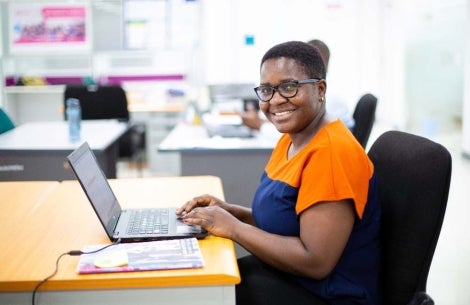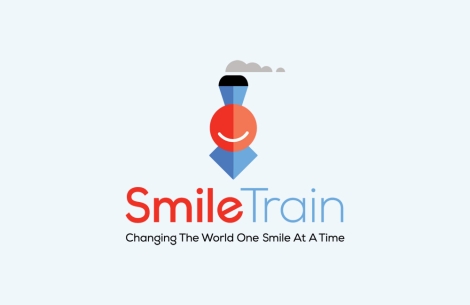Dr. Nina Capo-Chichi: “Clefts Go Deeper Than What You See”
Our Program Director for West Africa on the particular impact of clefts on women and girls
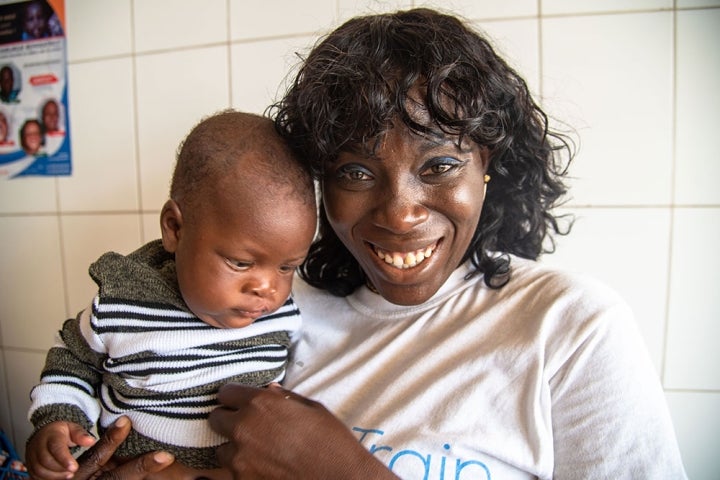
Dr. Nina Capo Chichi, our Benin-based Program Director for Francophone West Africa, is a true renaissance woman: She is a medical doctor, has lived in four countries, and speaks three languages —including Mandarin! In honor of International Women’s Day, we caught up with her to learn more about her life, the double burden borne by cleft mothers and female healthcare workers in Africa, what equity means to her, and much more.
From your perspective, why does Smile Train’s model of local partnership and investment matter?
Our model really gives value to local professionals, doctors, cleft teams, and health systems. In the past what would happen — and sometimes still happens — is that though we have the competencies here, they're overlooked and the population is always attached to the “outside doctor,” because they think that they can do better than the local doctor. And so Smile Train, as an organization, is actively bringing that value back to the local professionals.
Having an enthusiastic team of local professionals treating our patients is really a big plus. Aside from giving smiles to patients, having teams who are confident that they can actually help their own patients is really a game changer for the continent. Smile Train brings more trust to our doctors and to the whole health ecosystem — and that is fantastic!
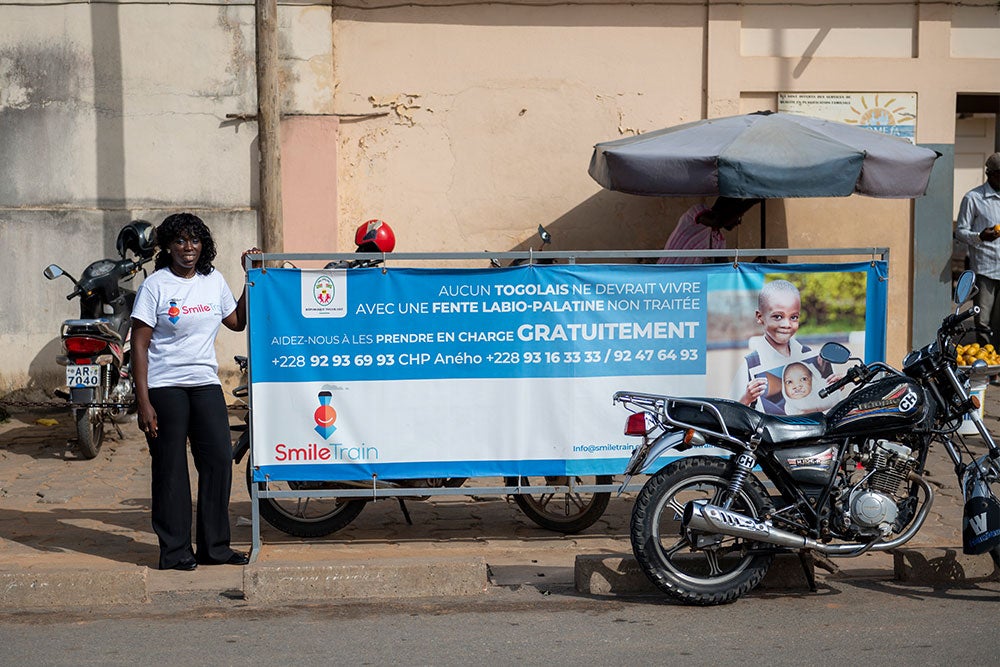
Another advantage is that the patients no longer have to wait. Missions mean waiting, waiting every three months, every six months. I've heard that once patients who are treated from a medical mission get sick again, they decide to wait for the next one instead of getting immediate treatment from their local doctor. Besides being harmful to the patient’s health, that’s problematic for many other reasons, including that it reinforces this dynamic that certain foreigners have more value than locals. And while we are waiting and putting our trust in foreigners, there’s no guarantee that they will actually come. COVID was the biggest lesson that this whole mission thing is not the best approach.
Another problem with the mission-trip model is that there's still places where there are no professionals qualified to treat patients, and the best solution to that is not more visits from foreign doctors. It’s our model — training those who are already there. That’s low-cost, sustainable, and builds trust.
How did being a woman affect your career pursuit?
I think I'm in that generation that is just slightly lucky. The women in medicine who came before us set the tone and were role models for us. They showed us that it was possible.
Our challenge is continuity, inspiring other women to get into the field. There are fewer people in general going into medicine now because it's tough. It takes time, and for women, you don’t always have that time. In Africa, there is a high expectation of what women should do: You have your obligations towards your family and your society, and then you have your work. If you disrupt that balance, people will say that you’ve married your work, but you should be married to your husband. That makes it heavy, because you wonder how others did it, so you put pressure on yourself to keep up a high standard.
My advice is to do your best, and, as much as you can, balance society’s expectations with your own. So many women start medical school but fall out because of the pressure. You don't have to meet society's expectations, but make sure you are having an impact on your environment and on the next generation. Sometimes you can fall over, but you have to continue.
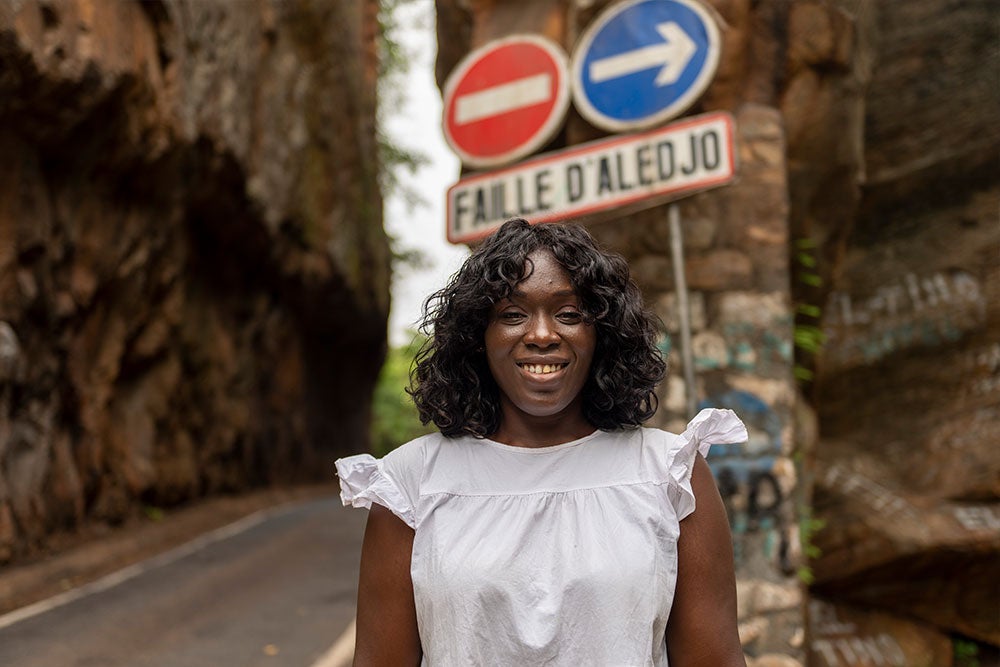
This year's theme for International Women’s Day is #EmbraceEquity. What does that mean to you?
For me, #EmbraceEquity means everyone must have an opportunity in life. It's as simple as that. We must have fair and impartial opportunity, whoever you are, independent of your gender, your belief, your ethnicity, your country, your physical ability. Everyone should have the chance to thrive in life, to be as successful as they can be. I believe that if each one of us can support one another to move forward, then we will have that equity, that all-embracing support.
This is why, to me, equity is the best word, not equality. There are things some of us can do better than others; we are not all equal, but we must all have the opportunity and the support we need to thrive, and I think that is what equity is all about.
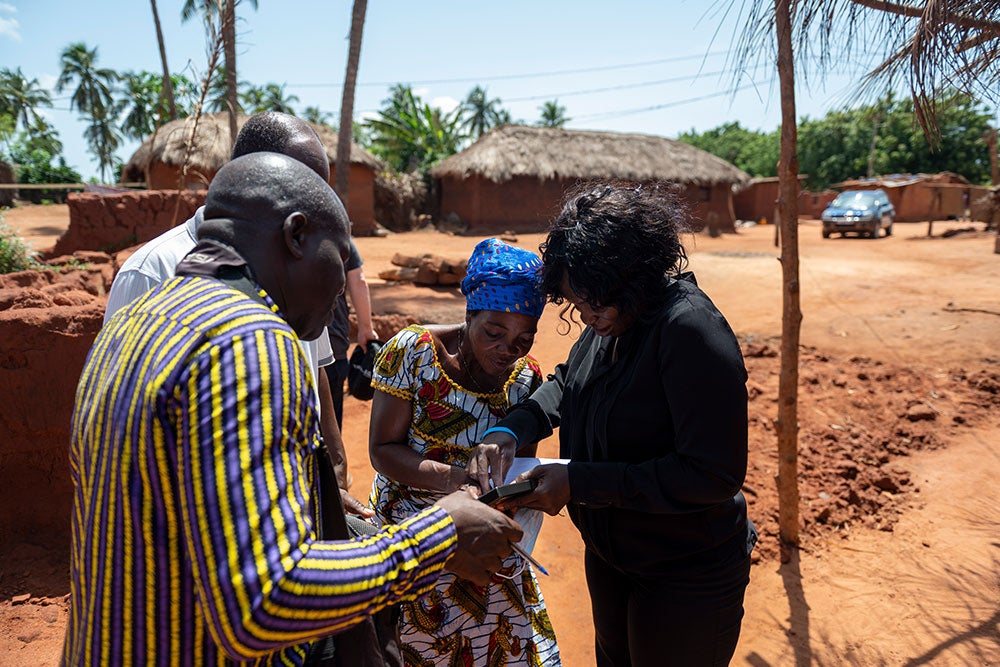
In your experience, does gender play a role in who is more likely to receive cleft care or who may be "blamed" for a cleft birth?
Yes, we do see this, unfortunately. In my experience, it is more about who will be blamed for a cleft.
I always say a cleft is deeper than what you see. It divides the family, it divides your finances, it divides every belief that you have. So when you look at a cleft, you are usually seeing a division somewhere else, too. So, the man might leave the woman — most of the time that’s the case when one parent leaves another. Finances get divided, because if she's not supported by her husband, she must fend for herself and the child. This separates her from her normal environment, her own family… and still the cleft goes on dividing. Sometimes she and her child must go and hide. Sometimes they flee from one city to another.
And that image of brokenness that she carries of herself will still be there when she has a second child. The fear will be there.
So what can we do about it? We work to raise awareness about the true causes of clefts among the public and help ease these mothers’ inner burdens by connecting them with other mothers with similar experiences. There are a lot of stigmas around mental health in Africa, as in so many places, so when these women can talk through their trauma, their difficulties, together, that creates healing and reduces the burden on each of them.
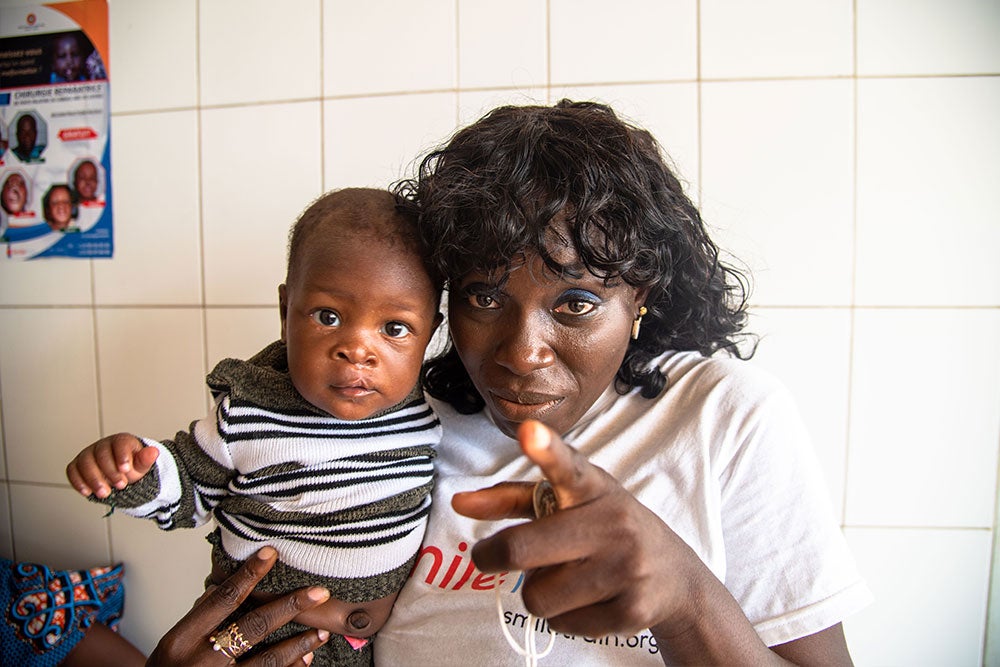
What's your message to Smile Train’s donors?
What our donors are doing is more than creating smiles. They're not just healing clefts. They're healing broken lives. They're healing souls. They're healing families. They're healing marriages. They're healing relationships. They are healing countries, health systems. They are bringing healing and trust between doctors and patients. They are part of the restoration process. So how can I say thank you enough? You know, it is much deeper than thank you, but thank you is just what I can say. So THANK YOU.

